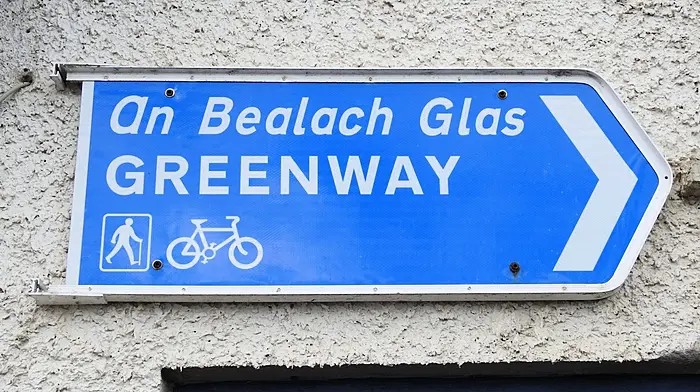EU Farm Commissioner Phil Hogan fired the starting gun for debate on overhauling the Common Agricultural Policy (CAP) on February 2nd last, launching a 12-week public consultation seeking responses on modernising and simplifying EU farm policy.
EU Farm Commissioner Phil Hogan fired the starting gun for debate on overhauling the Common Agricultural Policy (CAP) on February 2nd last, launching a 12-week public consultation seeking responses on modernising and simplifying EU farm policy.
Speaking to reporters earlier this month, the Irish Commissioner called on producers, citizens and those interested in the future of food and farming to participate in the on-line questionnaire (open until May 2nd) on ‘shaping a framework that reflects the needs of the 21st century.’
‘We need a policy to deliver sufficient incomes and a fair return for farmers’ work … one that ensures safe and high quality food for all our citizens and provides for a thriving countryside,’ he outlined. But ‘we must refine it and revitalise it … and adequately fund it,’ as preserving the European family farm model ‘does not happen without strong policy support.’ Rules must also be made simpler and less-bureaucratic, a move that has garnered support from the farming community throughout Europe, he added.
The EU’s Farm chief provided the key justifications for the reform process, saying there was a ‘realisation that, partly as a result of the co-decision process, the complexity of the final legislation left all parties involved unsatisfied with the final result’ (simplification), while ‘rapid changes in the broader environment surrounding EU agriculture, from markets and trade to climate change and environmental challenges’ necessitates greater modernisation.
DG AGRI officials have so far received over 10,000 responses to the public consultation and are encouraging as many EU citizens as possible to take part. The input from respondents and stakeholders will feed into a Communication, due out later this year (late November) that will include conclusions on the current performance of the CAP and potential policy options ‘drawn up on the basis of sound and reliable evidence,’ DG AGRI officials outline. Legislative proposals are expected to follow in early 2018, while EU Agriculture Ministers will hold an exchange of views on the CAP post-2020 when they convene in Brussels on March 6th.
All details on the CAP public consultation can be found at https://ec.europa.eu/eusurvey/runner/FutureCAP
MEPs gave the green light to a free trade deal between the EU and Canada in a plenary vote in Strasbourg on February 15th, paving the way for provisional application of the landmark accord from as early as April 1st, a move that should open up export opportunities for EU food and drink producers.
The deal on the so-called EU-Canada Comprehensive Economic & Trade Agreement (CETA) was approved by 408 votes to 254, with 33 abstentions. EU gains include a tariff rate quota (TRQ) of 18,500 tonnes of cheese, greater access for wine, biscuits, cake, pasta and chocolate, while it accepts a 50,000t TRQ for Canadian beef.
Under the agreement, which still needs to be ratified by national and regional parliaments, the EU would be able to export nearly 92% of its agri-food products to Canada duty-free. The deal ensures new protection for 143 high-quality EU food and drink names, which have been granted greater protection on the Canadian market.
The EU’s largest farm lobby Copa-Cogeca welcomed the EP’s approval of the deal, saying the pact offers opportunities for the agri-food sector on both sides ‘as long as trade is managed properly to avoid market disruption.’ But environment, health and labour rights campaigners have slammed the trade accord, saying it would ‘hand corporations the power to sue governments and threatens laws that protect nature, public health and social rights.’
Speaking at a protest outside the European Parliament in Strasbourg – where activists presented an anti-CETA petition signed by 3.5 million EU citizens – Greenpeace EU trade policy adviser Shira Stanton said: ‘CETA threatens to undermine democracy and the rule of law in Europe, for the benefit of a handful of multi-nationals.
‘Elected representatives from each EU country still have a chance to stop this toxic trade deal and take a stand for people and nature,’ she added.
• Rose O’Donovan is editor of the Brussels-based publication AGRA FACTS & a regular contributor to the video platform www.vieuws.eu/food-agriculture/








